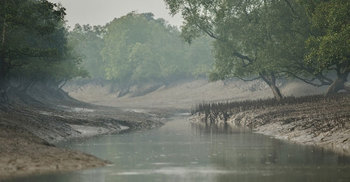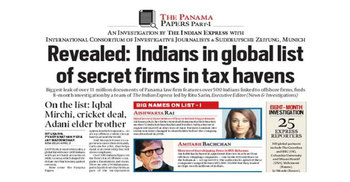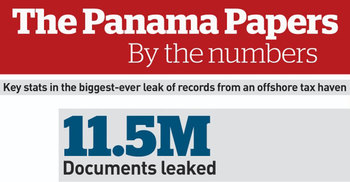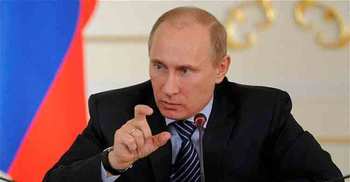Bangladeshi 2 company and its 32 people in Panama Papers leak

A total of 32 Bangladeshi and country’s two companies have been named in a massive leak of 11.5 million tax documents exposing their secret offshore dealings.
An investigation by the International Consortium of Investigative Journalists (ICIJ) claimed that Bangladeshi politician and businessman are also named in the massive leak of documents from the secret files of Mossack Fonseca, a law firm based in tax haven Panama.
ICIJ also published the name of Bangladeshi and its home address in their website.
They are-A.S. M. Mohiuddin Monem, AFM Rahamatul Bari, Asma Monem, Azmat Moyeen, Bangla Trac Limited, BBTL, Capt. M.A. Jaul, Dilip Kumar Modi, Dilip Kumar Modi, F.M. Zubaidul Haque, F.M. Zubaidul Haque & Salma Haque, Jafer Ummeed Khan, Kazi Raihan Zafar, Khawza Sahadat Ullah, Mahtabuddin Chowdhury, Mirza M. Eyahia, Mohammad Aminul Haque, Mohammad Jahidul Islam, Mohammad Shahed Masud, Mohammad Shahed Masud, Mohammed Faisal Karim Khan, Mr Nazrul Islam, Nazim Asadul Haque, Nilufer Zafarullah, Salma Haque, Syed Serajul Huq, Syeda Samina Mirza, Tarique Ekramul Haque, Ummeh Rubana, Zafarullah Kazi, Zafarullah Kazi and Zafarullah Nilufer and Zafarullah Nilufer, Zulfiqur Hyder.
The Panama Papers are an unprecedented leak of 11.5m files from the database of the world’s fourth biggest offshore law firm, Mossack Fonseca.
The records were obtained from an anonymous source by the German newspaper Süddeutsche Zeitung, which shared them with the ICIJ.
The ICIJ then shared them with a large network of international partners, including the Guardian and the BBC.
What are offshore accounts?
Offshore bank accounts and other financial dealings in another country can be used to evade regulatory oversight or tax obligations. Often, companies or individuals use shell companies, initially incorporated without significant assets or operations, to disguise ownership or other information about the funds involved.
Where are most offshore accounts?
Panama, the Cayman Islands and Bermuda are among more than a dozen small, low-tax locations that specialize in handling business services and investments of non-resident companies.
Legitimate uses for offshore accounts:
Companies or trusts can be set up in offshore locations for legitimate uses such as business finance, mergers and acquisitions and estate or tax planning, according to the global money laundering watchdog, the Financial Action Task Force.
Illicit uses of offshore accounts:
Shell companies and other entities can be misused by terrorists and others involved in international and financial crimes to conceal sources of funds and ownership. The ICIJ says the files from Mossack Fonseca include information on 214,488 offshore entities linked to 14,153 clients in 200 countries and territories.
Efforts to crack down on financial havens:
The Financial Action Task Force and other regulatory agencies publish assessments identifying weaknesses in enforcement of anti-money laundering and counter-terrorism financing efforts of specific countries and territories. Financial and legal professionals get training on how to spot potential violations, since in some cases lawyers and bankers are unaware they are handling illicit transactions. The EU has stepped up efforts to crack down on tax avoidance by multinational corporations.
Past scandals over offshore accounts:
Banking secrecy laws tend to obscure offshore financial dealings. But the disclosure of other leaked documents by the ICIJ and other organizations in late 2014 drew attention to sweet tax deals offered by the tiny European country of Luxembourg to multinational companies and ultra-wealthy individuals.
In the 1980s, the Bank of Credit and Commerce International, an international bank founded by a Pakistani financier, was found to have been involved in wide-scale money laundering and other illegal financial dealings.







